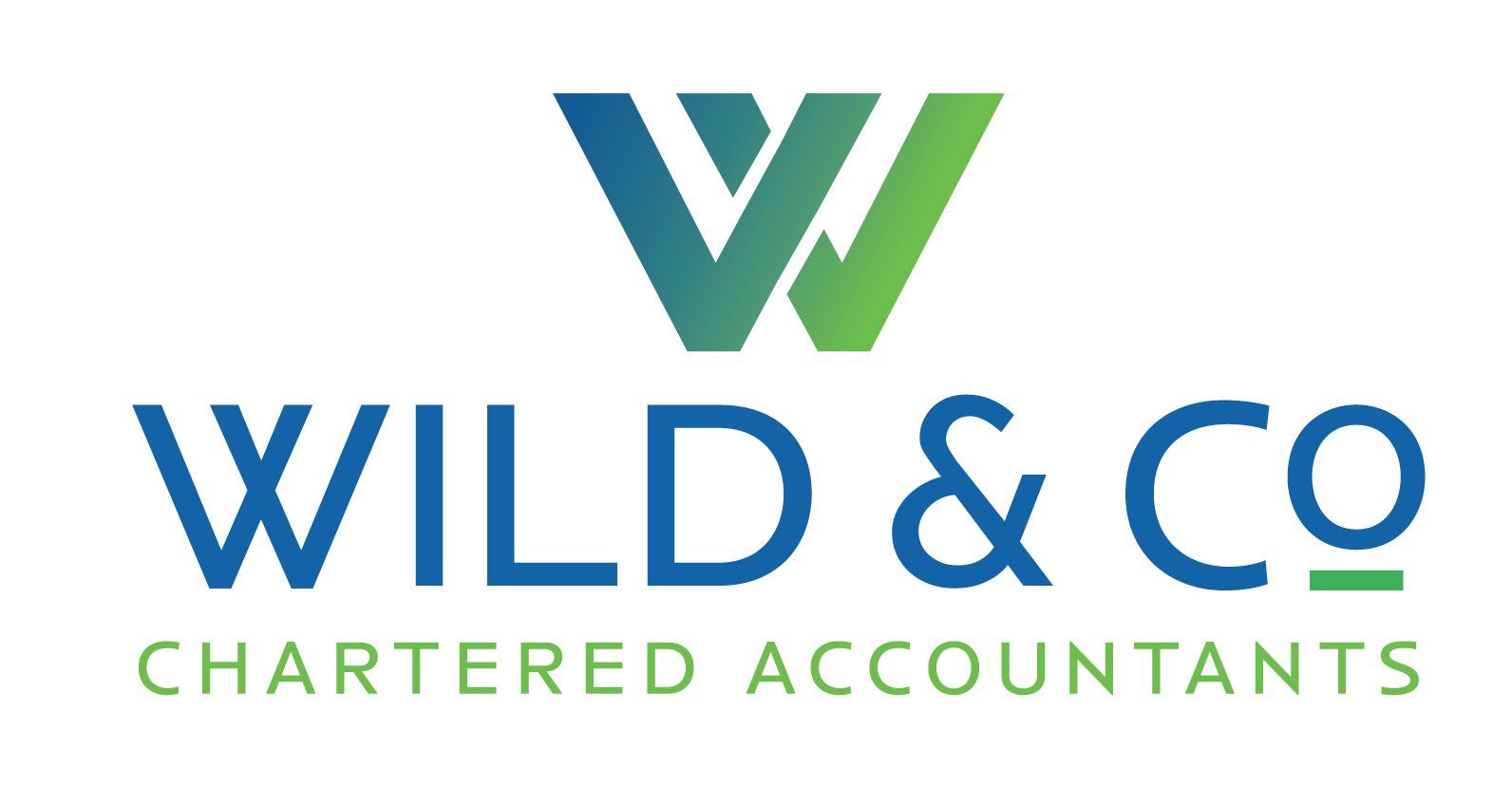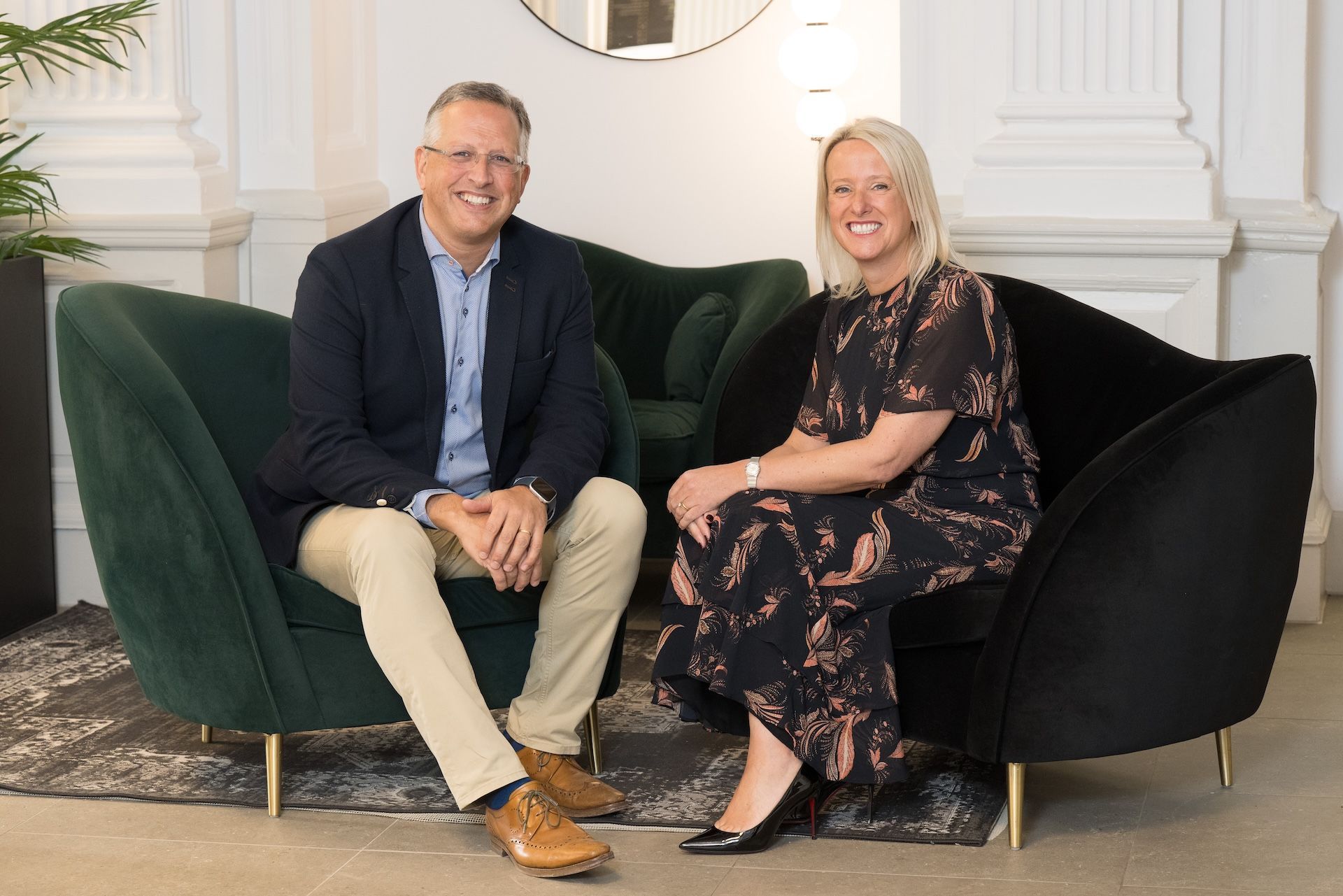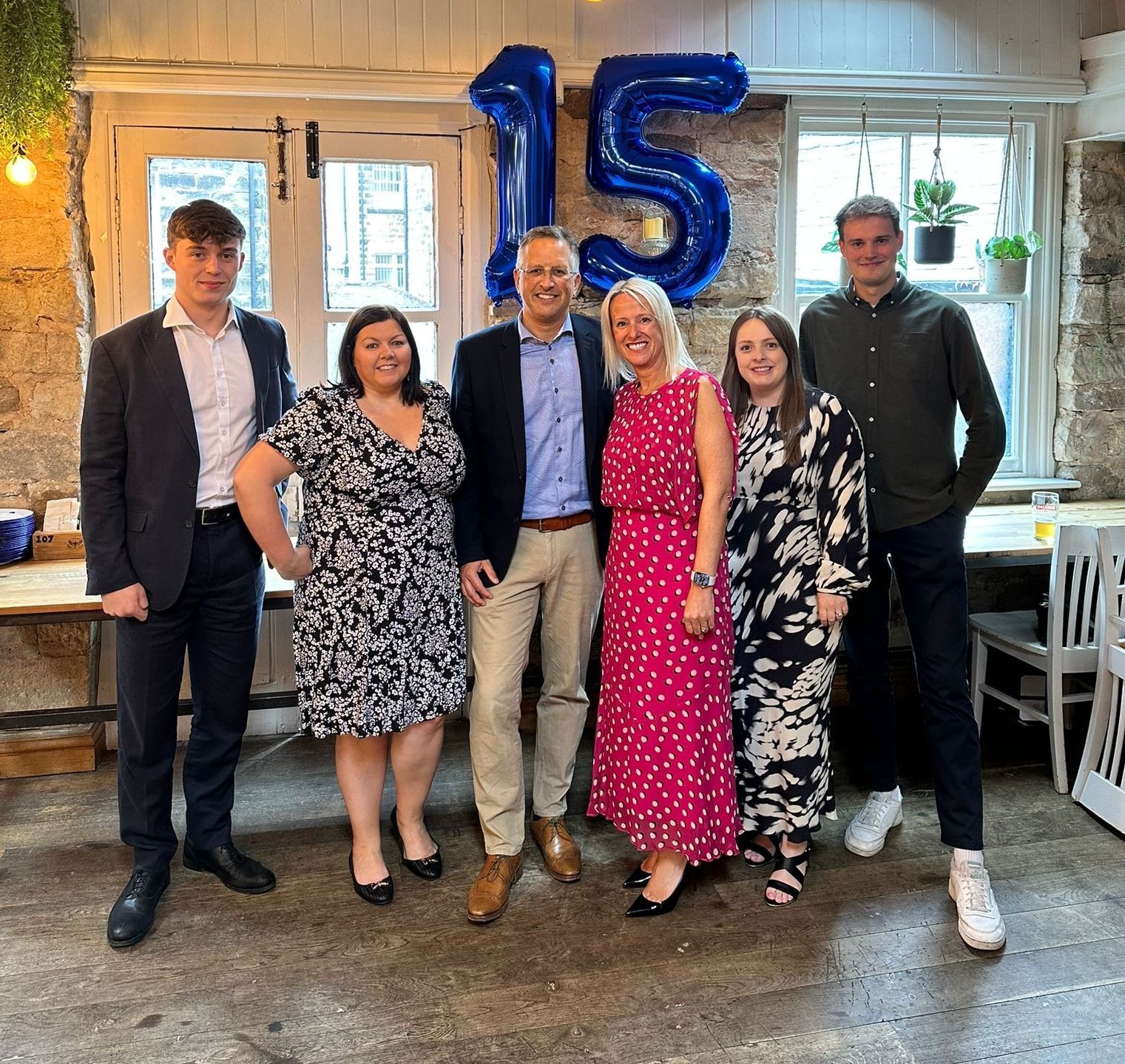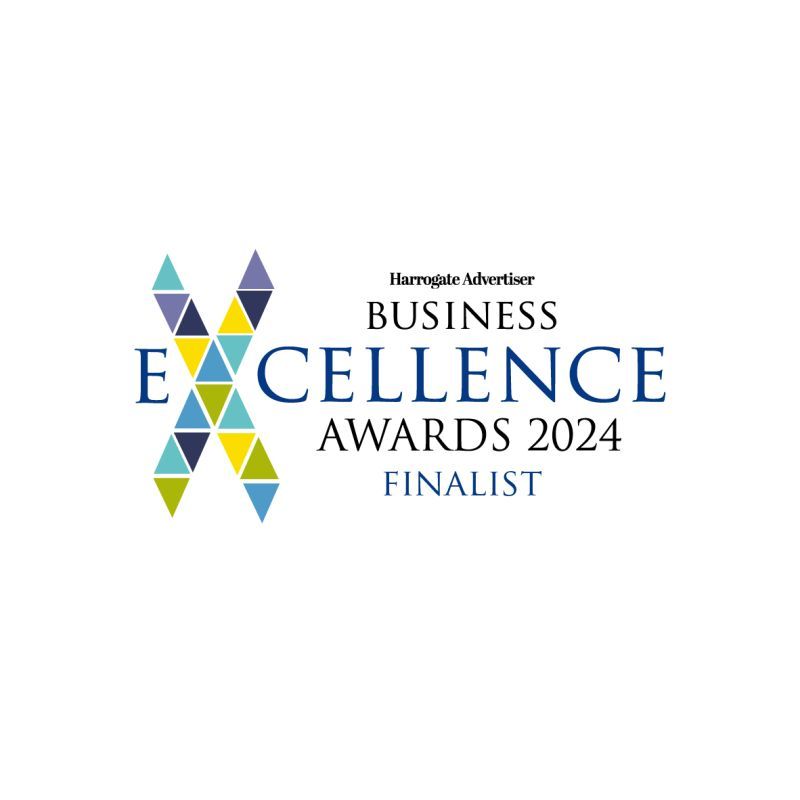The rules for claiming VAT on business expenses
The rules for claiming VAT on business expenses

Expenses can be one of the most confusing aspects of VAT, so we are going to take a look at some of the key rules when it comes to claiming VAT on business expenses. This is a complex area, so we are focusing on the main points to be aware of for tax efficiency and compliance and the things we are most often asked about.
A bit of background

If you are a VAT registered business, you will pay what is known as ‘input tax’ on goods or services. Input tax can be reclaimed on these expenses in certain circumstances, and this is known as VAT recovery. Input VAT must be reclaimed as part of your VAT return. Not all expenses are VAT recoverable, and this is what we’ll be looking at in this article.
Criteria for recovering VAT

You can only claim back VAT if you are a VAT registered business. Your business must be registered for VAT if your VAT taxable revenue has exceeded £85,000 over the past 12 months. Your VAT taxable revenue is the total value of everything you sell that is not exempt from VAT.
Being VAT registered means you charge VAT on your sales and can reclaim VAT on purchases.
The expenses you are recovering VAT for must wholly and exclusively be for business related goods and services that are subject to VAT (unless they are exempt from VAT or outside the scope of VAT).
Which expenses don’t qualify for VAT recovery?

A number of expenses do not qualify for VAT recovery. These include:
- Entertaining
- Director’s accommodation
- Second-hand goods
- Overseas expenses
- Personal or non-business expenditure
Reclaiming VAT on cars
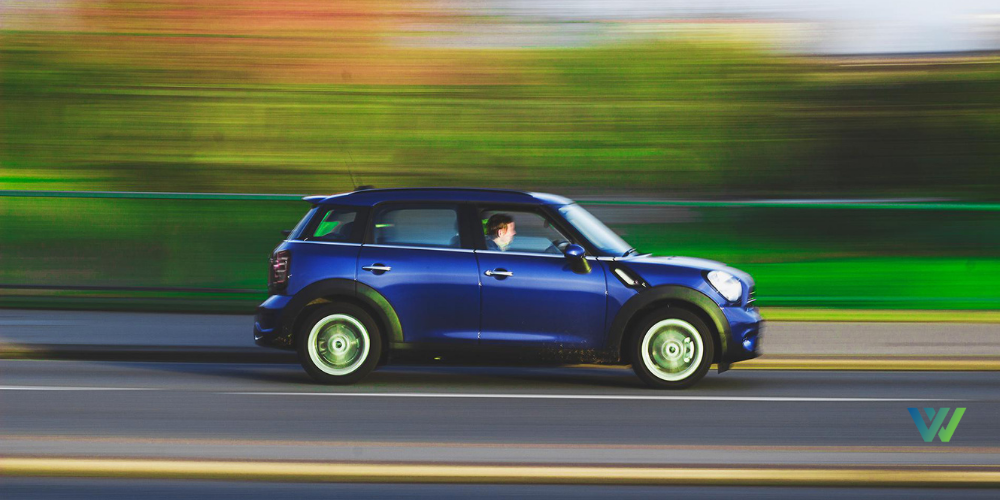
Usually, reclaiming VAT on cars is prohibited, unless they are solely used for business purposes and you can prove that to be the case. You are, however, allowed to reclaim the VAT on the purchase of commercial vehicles, including vans.
Your VAT registered business can also reclaim VAT if you are buying a car under a lease agreement. You can reclaim 50% if it is used for both personal and business purposes, and 100% if the use is strictly limited to business.
What paperwork will you need?
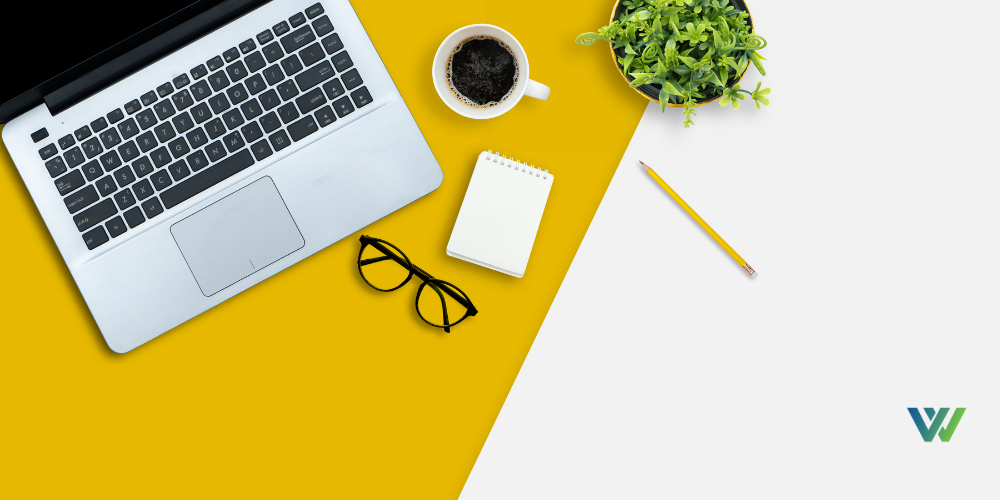
VAT invoices are crucial to the process of VAT recovery on expenses. A VAT invoice is the term for an invoice which contains information required by the VAT rules, including the VAT number, date of supply, description of what has been supplied and the VAT amount. A VAT invoice enables you to recover VAT you have incurred as input tax and you should make sure you keep them in a way that allows you to find them easily when asked by HMRC. You should retain them for at least 6 years.
As digital accounting specialists we instilled in our clients the practice of electronic record keeping and transmission of documents, long before it became a compliance issue. All businesses should now be keeping VAT records and submitting VAT returns digitally under HMRC’s Making Tax Digital for VAT. Digital documentation supports traceability, provides visibility and enables accurate reporting. It is the most secure way to store and share information.
What else should you watch out for?

We have already highlighted the importance of having the right documentation and the fact that certain expenses do not qualify for VAT recovery. VAT rules can also be subject to change, so it is important to stay up to date with current legislation. We will always notify clients of any changes to rates or rules so that they are prepared.
Businesses should also be vigilant about applying the correct rate of VAT to each type of expense. Some expenses will have standard VAT but others may have reduced rates or be zero-rated. If you are unclear about differing VAT rates and how they impact on VAT recovery, talk to us. Clients often prefer us to complete VAT returns and calculate VAT recovery on their behalf to avoid miscalculations.
Some expenses, such as vehicle costs, can have a business and personal element. It is important to calculate the portion that relates to business use as this is the only part that can be recovered.
Another rule to be aware of is the partial exemption rule. If your business makes, or intends to make, both taxable and exempt supplies and incurs tax on costs which relate to both, it falls into this category. A business that is partly exempt may not be able to recover all its input tax. The amount of income tax that is recoverable is calculated using a partial exemption method. Partial exemption rules make the VAT recovery process more complex and if the rules are not applied correctly it can lead to errors in VAT claims with potential penalties.
Finally, businesses should make themselves familiar with the rules of the Capital Goods Scheme for VAT recovery on high-value capital assets so that they can calculate the correct amount over the adjustment period.
If you have any questions about VAT recovery on expenses or would like support to complete your VAT returns, please get in touch with one of the team at Wild & Co Chartered Accountants on 01423 222710.
If you found these news items interesting please feel free to share with your friends, family and colleagues.

